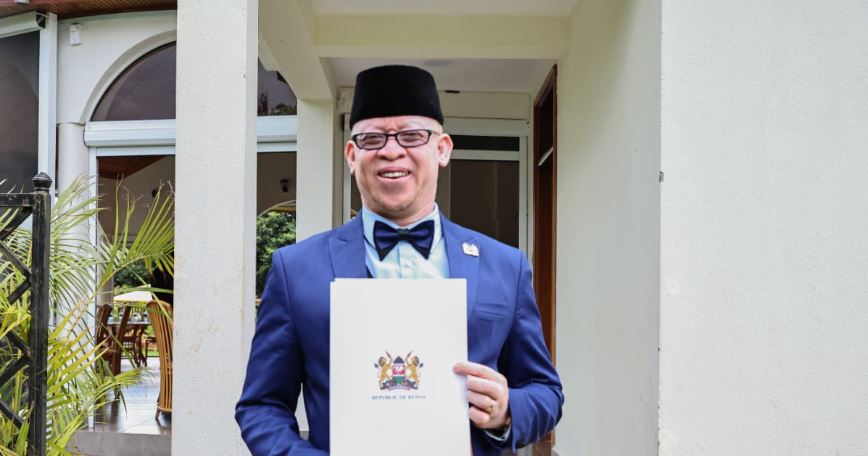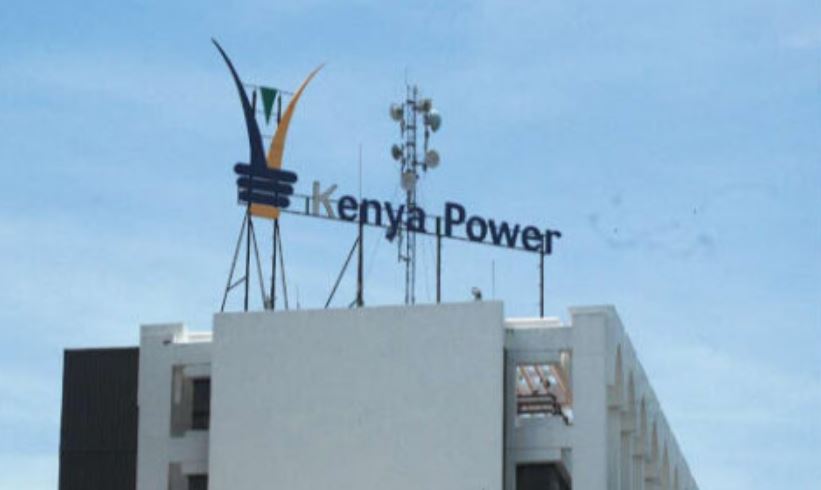
Government Spokesman Isaac Mwaura defended the contentious G-to-G deal on Thursday, insisting that it was conducted with transparency and adherence to established standards.
“The Government-to-Government oil purchase arrangement was arrived at following a threat of failure by Oil Marketing Companies to supply petroleum products due to their inability to access the products as a result of US dollar liquidity scarcity and coupled with outstanding subsidy arrears owed by the government to OMCs,” he said.
Mwaura highlighted that the threat was apparent in multiple instances of fuel shortages at retail petrol stations. He explained that the marketers faced challenges due to the requirement to pay for imports in US dollars within a five-day window, leading to the inconvenience of navigating between different banks to secure the necessary dollars.
“All this persisted until the Kenya Kwanza government came to power in an effort to prevent the economy from the brink of shutdown over the paralysis in the petroleum supply chain in the country. The new administration had to look for a quick and viable solution resulting to the Government to Government mode of supply,” said the spokesman.
Mwaura emphasized that this approach aligns with the Kenya Kwanza manifesto, opting for a value chain model over a supply chain to protect Kenyans from cartel-like practices in pricing and supplying essential commodities.
He also explained that the government issued a tender on March 1, 2023, inviting bids from government-owned international companies based in oil-producing nations. The terms included a six-month deferred payment arrangement with a contract duration of nine months for the supply of petroleum products.
By the conclusion of the tender on March 6, 2023, Mwaura reported that bids were submitted by seven oil marketing companies, namely Emirates National Oil Company, Abu Dhabi National Oil Company, Saudi Aramco, Petrosa and Trafigura, Vitol Bahrain, OQ Trading, and the State-Owned Company of the Republic of Azerbaijan.
“Out of this, two private companies were not qualified, while the other five government-owned were shortlisted. Three of them qualified, according to the terms and conditions set out by the Energy and Petroleum Authority, (EPRA).”
Mwaura said the state signed a Memorandum of Understanding (MoU) with the Kingdom of Saudi Arabia and the United Arab Emirates on March 10, 2023.
The MoU came into effect when the Ministry of Energy and Petroleum entered into a Master Framework Agreement with Aramco Trading Fujairah FZE (ARAMCO), Abu Dhabi National Oil Company (ADNOC) Global Trading Ltd and Emirates National Oil Company (Singapore) Private Limited (ENOC).
The Government Spokesman noted that this signaled the commencement of the Government-to-Government supply of petroleum products with an extended credit term of 180 days.
Mwaura insisted that the entire process underwent rigorous examination by pertinent government agencies, including the National Treasury and the Office of the Attorney General.
Supporting documents, he noted, include Memorandums of Understanding (MoUs), the Master Framework, the Agreement, the Letter of Support, and the Operational Government (involving Banks, the Nominated Oil Marketing Companies, and the Ministry of Energy and Petroleum).
He refuted claims by certain leaders suggesting that the government selectively picked and nominated the involved Oil Marketing Companies.
Mwaura emphasized that the discussion surrounding the oil deal has been manipulated to cast Cabinet Secretaries of the Ministry of Energy and Petroleum, the National Treasury, and affiliated agency management in a negative light.
“Kenyans are about to realize favourable pump prices as the Government-to-Government arrangement takes full effect in the short and medium term,” Mwaura said.








